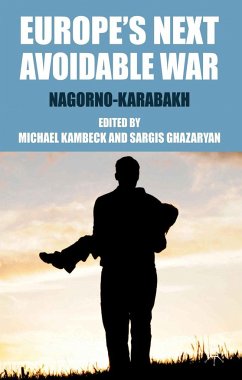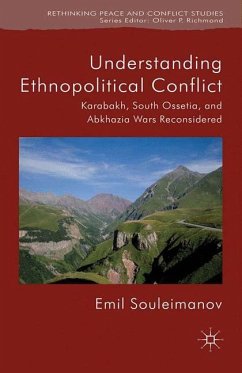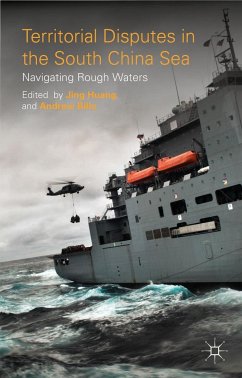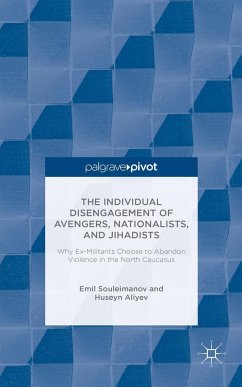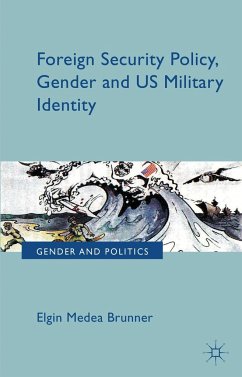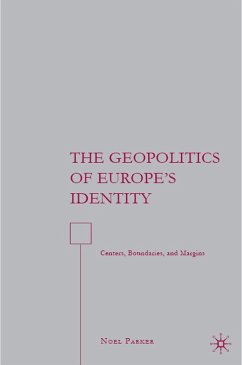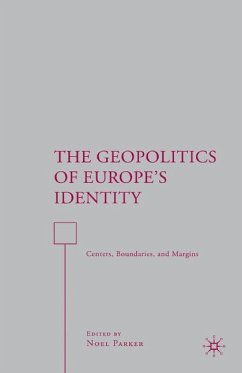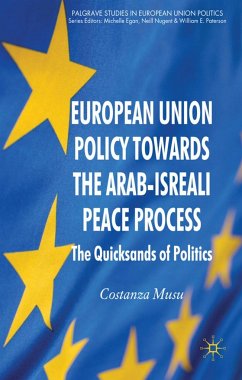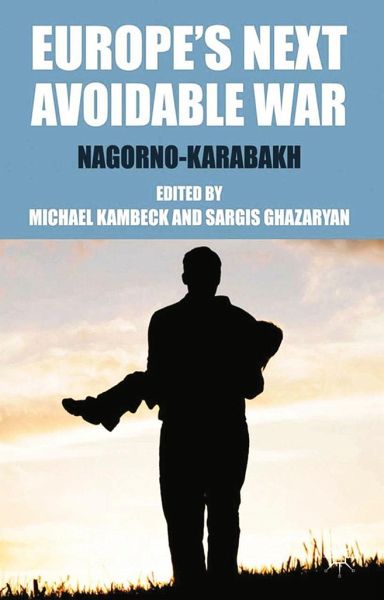
Broschiertes Buch
Europe's Next Avoidable War
Nagorno-Karabakh
Herausgegeben: Kambeck, M.; Ghazaryan, S.
Versandkostenfrei!
Versandfertig in 6-10 Tagen

PAYBACK Punkte
19 °P sammeln!





An international and interdisciplinary group of experts shed light upon the Nagorno-Karabakh conflict today, how it evolved and likely scenarios. Taking into account a changed political landscape, including the EU's new foreign policy instruments, they also make concrete policy proposals to make war less likely.
Michael Kambeck is co-Founder and Secretary General of European Friends of Armenia (EuFoA), Brussels, Belgium. He worked as Director for Government Relations at Burson-Marsteller) and as Chief of Staff for MEP Elmar Brok (European Parliament). He holds a PhD in Political Science (University of Bonn, Germany) and an MA in European Studies (University of Leeds, UK). Sargis Ghazaryan is Senior Research Fellow at European Friends of Armenia (EuFoA), Brussels, Belgium. He has taught Geopolitics at the School of International Relations and Diplomacy at the University of Trieste, Italy, where he was also Post-Doctoral Research Fellow in the Department of Political Science. He holds a PhD in Political Geography and Geopolitics and an MA in International Relations and Diplomacy (University of Trieste, Italy).
Produktdetails
- Verlag: Macmillan Education / Palgrave Macmillan UK / Springer Palgrave Macmillan
- Artikelnr. des Verlages: 978-1-349-33644-9
- 1st ed. 2013
- Seitenzahl: 277
- Erscheinungstermin: 1. Januar 2013
- Englisch
- Abmessung: 216mm x 140mm x 16mm
- Gewicht: 379g
- ISBN-13: 9781349336449
- ISBN-10: 1349336440
- Artikelnr.: 45079655
Herstellerkennzeichnung
Libri GmbH
Europaallee 1
36244 Bad Hersfeld
gpsr@libri.de
"While there are numerous books on the NK conflict, this one stands out from the set in that not only does it comprehensively present the conflict, but also, and perhaps more importantly, aims to come up with innovative solutions which would contribute to the conflict settlement." - European Union Affairs
"The Nagorno-Karabakh conflict between Armenia and Azerbaijan almost defines the intractable in so-called intractable ethnic conflicts. Ever since the break-up of the Soviet Union it has festered without much progress towards resolution. This book is the first to address the conflict across its various dimensions and to suggest approaches to its amelioration. What is most refreshing about the whole collection is the attitude that if it is to be resolved the conflict must be seen as ineluctably political and that military solutions would be anything but."
John Agnew, University of California, Los Angeles, USA
"The Nagorno-Karabakh conflict between Armenia and Azerbaijan almost defines the intractable in so-called intractable ethnic conflicts. Ever since the break-up of the Soviet Union it has festered without much progress towards resolution. This book is the first to address the conflict across its various dimensions and to suggest approaches to its amelioration. What is most refreshing about the whole collection is the attitude that if it is to be resolved the conflict must be seen as ineluctably political and that military solutions would be anything but."
John Agnew, University of California, Los Angeles, USA
Für dieses Produkt wurde noch keine Bewertung abgegeben. Wir würden uns sehr freuen, wenn du die erste Bewertung schreibst!
Eine Bewertung schreiben
Eine Bewertung schreiben
Andere Kunden interessierten sich für


